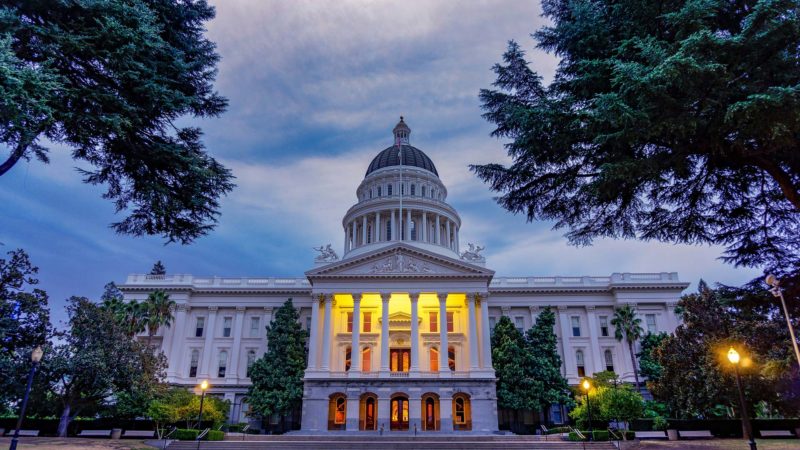On November 8th, Prop. 27 will go to the polls, and it seems as though Californian voters are set to shoot it down in spectacular fashion. This will be one of seven propositions going through the state ballot, and it concerns sports wagering – more specifically, online sports betting. This would bring mobile sports betting practices into what could be a remarkably lucrative market, but there are signs and suggestions that the proposition won’t pass.
In recent months, many states across the nation have opened their doors to sports betting practices. It’s an industry that has seen a steady uptake across the United States, with many more state governments being swayed by the concepts of sports betting, online betting, and mobile-based gambling. For California, the future is still unwritten, and if Prop. 27 doesn’t pass, there may be no revisiting the idea until 2024.
What does Prop. 27 (and Prop. 26) Mean For California?

In November, two competing propositions will take centre stage as voters race to the polls. On one side, there’s Prop. 27, which would legalise online sports betting, and on the other, Prop. 26, which would only legalise in-person sports betting, and only at casinos on ‘tribal lands’. It would also legalise some traditional casino games, such as roulette, which at present are prohibited in the state.
There’s also a slight difference in how the financial side of these propositions will land post-vote. For instance, Prop. 27 would see 90% of all money wagered being distributed to the companies (FanDuel, DraftKings, etc) and the tribes that run the online platforms. Following that, the remaining 10% would go to the state of California, with the majority of the proceeds being used to fund homeless support and mental health organisations.
Similarly, Prop. 26 would see 90% of sports betting profit go to the tribes that claim ownership of the casinos, with the remaining 10% being claimed as a state tax. Of that 10%, only 15% would go towards charitable organisations. There are expectations that the total revenue for the state could number in the hundreds of millions of dollars, but it’s relatively hard to predict. As US sports betting practices become more commonplace, it seems to be a matter of time before California gets on board.
The Next Step for California
Despite sports betting making waves across North America, there is a lot of resistance from voters in general. For instance, an article published in the San Francisco Examiner was titled, ‘Prop. 26 and Prop. 27 are bad gambling bets that deserve defeat’. In a statement given to ABC7, Prof. Timothy Fong, the Co-Director of UCLA’s Gambling Studies program, voiced his concerns about the online sports betting-focused Prop. 27:
‘Eighty percent of the patients I’m seeing, their main form of gambling source is on the cellphone. Whether that’s with a bookie or unregulated casino or social casino game. They’re trying to work on recovery all the time, but they’re then looking at the phone which is the device that brings them to their addiction. The cell phone, is it the syringe that delivers the drug or is it the drug itself? In the brain right now, there’s a lot of us that are not sure. We think it’s both.’
Of course, there’s every potential for both propositions to fail next month. As the top-tier sports betting platforms prepare for a positive result, they’re also bracing for bad news – and anticipating the next move for the future of Californian sports betting. Recently, the likes of Kansas and Maryland joined the online sports betting trend, but as California is proving, there are some states that aren’t willing to hop on the bandwagon just yet.






